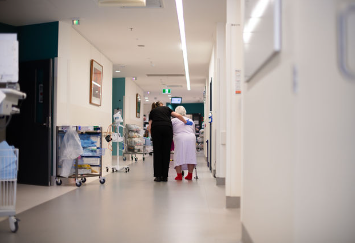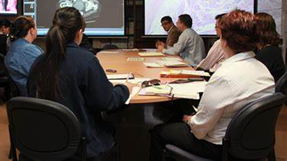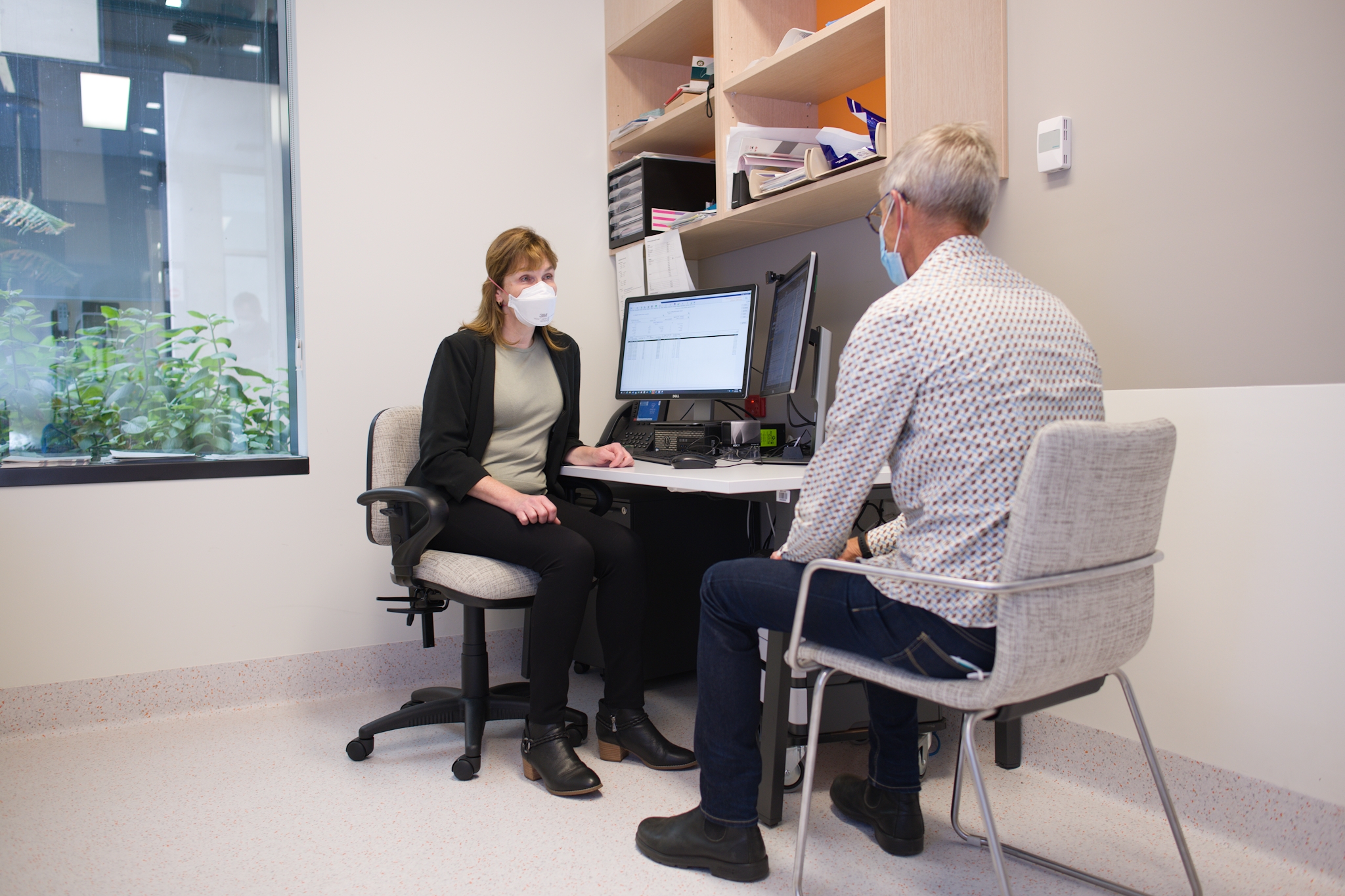Your specialist doctor will usually be part of a "multidisciplinary care team" team bringing together a range of health professionals who contribute differing skills to the planning of your treatment and provision of ongoing care. This ensures that all relevant aspects of your needs will be considered. A multidisciplinary team will include:
Oncologist
Oncologists are doctors who specialise in cancer. As different types of cancer behave very differently, doctors usually specialise in particular types of cancer or areas of cancer treatment. Oncologists are broadly trained in all aspects of oncology, specialising in one of three main areas:
Often, the main specialist you will be referred to is a medical oncologist who treats all types of cancer (predominantly with drug therapies such as chemotherapy). Watch and listen to a medical oncologist talk about her role caring for patients with CUP.
Other Specialist or Consultant doctors you may see
You may or may not be referred to a specialist doctor, dependent on your symptoms, the possible location of the cancer and specific tests that may be recommended. This is not an exhaustive list and there may be other specialists involved.
Nurse /care coordinator

Nurses work with you to identify and assess your supportive care needs, monitor your condition, administer medication, and develop care plans. Nurses also act as patient educators and collaborate closely with other members of the team to ensure the highest quality of care to patients. Nurses may be varied in their roles and include cancer nurses, care coordinators, nurse consultants and research nurses.
Watch and listen to a nurse talk about how nurses can help throughout the CUP journey.
Other specialists who will work behind the scenes on your case:
Allied health professionals:

Multidisciplinary team (MDT) meetings
The different treatment options for your cancer will often be discussed at a multidisciplinary team (MDT) meeting with other health professionals. During and after treatment, you will see various health professionals who specialise in different aspects of your care.
Further information about Multidisciplinary Team:
Multidisciplinary team | Guide to best cancer care | Cancer Council
Multidisciplinary Care for Advanced Disease | Cancer Australia
Here are the links to other information pages to learn more about different aspects of diagnosis. You may also use the quick links on the right side of the page to navigate.

Most people are diagnosed with cancer of unknown primary (CUP) after they have symptoms or become unwell. Some people may be diagnosed during tests for another health condition. When cancer is suspected, you might be referred for tests or to a specialist.

The treatment you have depends on a number of things, including where the cancer is and your general health. A team of doctors and other professionals discuss the best treatment and care for you. The main treatment for Cancer of Unknown Primary is cancer drugs, most commonly chemotherapy. You may also have radiotherapy to help to control your symptoms and hormone therapy.




